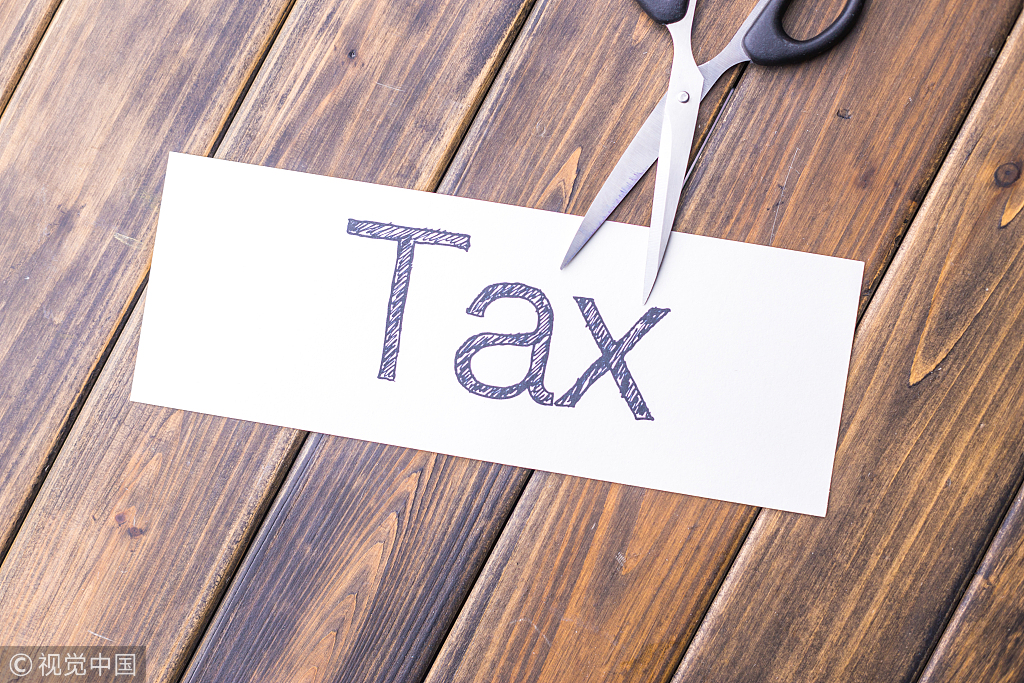Technology simplifies procedures, cuts red tape


Taxpayers in China no longer need to visit the tax administration's offices to file their income tax returns in person; they merely need to use a mobile app, which helps save much time.
It seems the process or method of determining an individual citizen's tax liability tends to be contentious in many countries. A taxpayer's feelings could shape the broader perception of the government.
In November, the State Taxation Administration reported that taxpayers who have registered personal information in the tax-paying system do not have to re-declare for the additional tax deductions. It was a measure introduced in China in 2019 to reduce individual income tax.
The STA developed a mobile app to collect taxpayers' e-applications for additional deductions. The app can be downloaded by scanning a QR code. Taxpayers can key in information about their children's education, continuing education, treatment for serious diseases, mortgage interest, rent and elderly care into the system.
Sustained focus on technology has made tax payments a breeze. The STA has also launched the Golden Tax III system in 2017, which facilitated e-filing of different stamp duty taxes.
In addition, China implemented a series of measures in the past two years, which simplified payment of corporate income tax, labor tax, value added tax, as well as e-delivery of invoices.
Last year's Paying Taxes report, published by the World Bank, showed that if tax payments are seen as easy, straightforward, fair and robust, then individuals and businesses may associate those traits with their government more broadly.
If citizens can see how their taxes are used and if they recognize the corresponding value generated for society, they may be more likely to comply with their tax obligations.
Technology is changing how taxes are administered. An increasing number of companies worldwide are using tax software, and more and more tax authorities are creating user-friendly online tools that can simplify tax compliance.
Tax administrations worldwide have sought to introduce and continuously enhance their online systems in the past 15 years to improve their efficiency and facilitate more comprehensive and faster risk assessment and compliance checks on returns. This efficiency, in turn, has also benefited taxpayers by easing the compliance burden.
It is not just tax payments that have benefited by adopting technology. In China, digitalization has enhanced processes and procedures relating to doing business like cross-border trade. Broader use of technology has also strengthened the government's determination to cut red tape.
Some local governments in China have made it easier for entrepreneurs to start up by fully integrating various procedures under a single window or one-stop shop system.
China also made exports and imports easier by implementing an advance cargo declaration, upgrading port infrastructure, optimizing customs administration, and publishing fee schedules, which have been recognized by the World Bank.



































